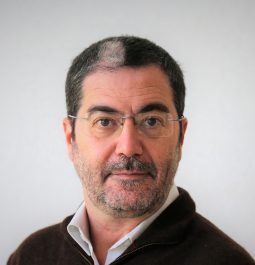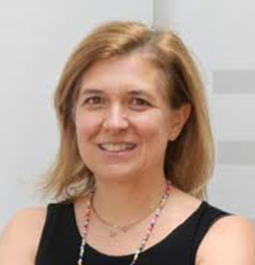Presentation
The Masters in Science Communication is the result of a partnership between the Institute of Chemical and Biological Technology and the Faculty of Social Sciences and Humanities of NOVA University of Lisbon.
During the taught part of the Master’s, students have the opportunity to discuss the relationship between science and society and the responsibility of scientists in this relationship, to learn about the evolution of the concept of science communication itself, to provide training in the use of tools for strategic communication and journalism, and to have contact with examples of successful communication projects.
The Masters in Science Communication counts on the participation of the Portuguese scientists and science communicators, in addition to those members of the teaching staff formally responsible for the different curricular units.
Objectives
- To generate awareness of the importance of science communication in a society which is increasingly dependent on science and technology;
- To make future communication and education professionals more enthusiastic about science communication in its various forms;
- To establish science communication as an integral part of the curriculum of Portuguese institutions, supplying professionals specialized in this area.
Vacancies
Secretariat
ciencias.comunicacao@fcsh.unl.ptAssociated Research Units
Curricular structure
Duration: 3 semesters Total Credits: 93 ECTS (60 in curricular units + 33 in the non-taught component). Over the course of the curricular path, the student must complete 6 compulsory curricular units.
Modalities of non-taught component: Dissertation, Project Work or Practical Work Experience with Report.
The Master’s degree corresponds to Level 7 of the NQF and EQF - National Qualifications Framework/European Qualifications Framework.


